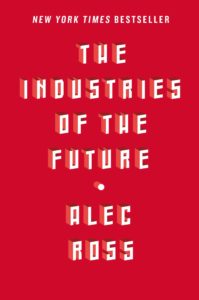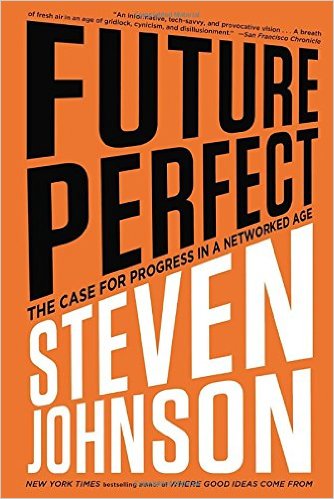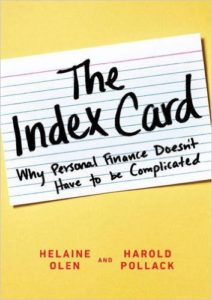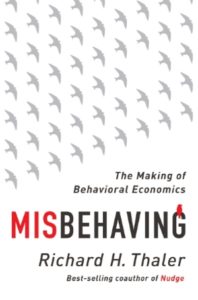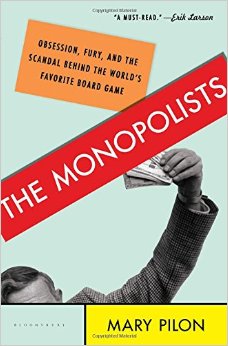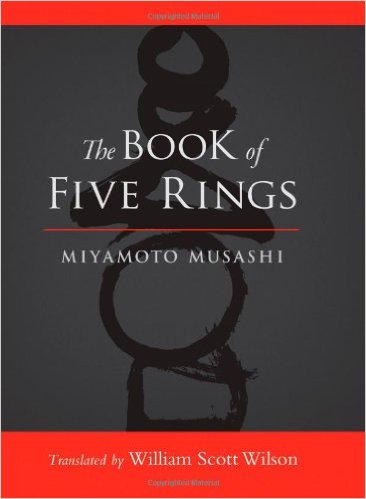Napoleon’s Buttons: 17 Molecules that Changed History
by Penny Le Couteur and Jay Burreson, 2003

(This is a guest book review from Maria Schwartzman)
Did the chemical structure of tin play a role in Napoleon’s defeat and retreat from Moscow in 1812? That is how this fascinating look at the role chemistry has played throughout history begins. The seventeen general molecules discussed (peppers, nutmeg, and cloves; ascorbic acid; glucose; cellulose; nitro compounds; silk and nylon; phenol; isoprene; dyes; wonder drugs; the pill; molecules of witchcraft; morphine, nicotine, and caffeine; oleic acid; salt; chlorocarbon compounds; and molecules versus malaria) are woven into a narrative explaining both the chemistry behind the molecules and the history and context surrounding them. The chemistry is easy to understand (it’s not overpowering but stays interesting for someone who already knows chemical structures) and the history is fascinating. The order of the molecules presented was obviously thought out, as later chapters reference people or ideas from earlier ones, fully melding concepts together. I would recommend the book if you are interested in history, medicine, chemistry, production, biology, current technology… or really anything to do with human interest in the past 5000 years.
This book was listed on a “suggested summer reading list” developed by the DePauw librarians, and was recommended by one of the biochemistry professors. I enjoyed it very much. It is a fairly quick read (I didn’t spend a lot of time looking at the chemical structures) and is well written.
